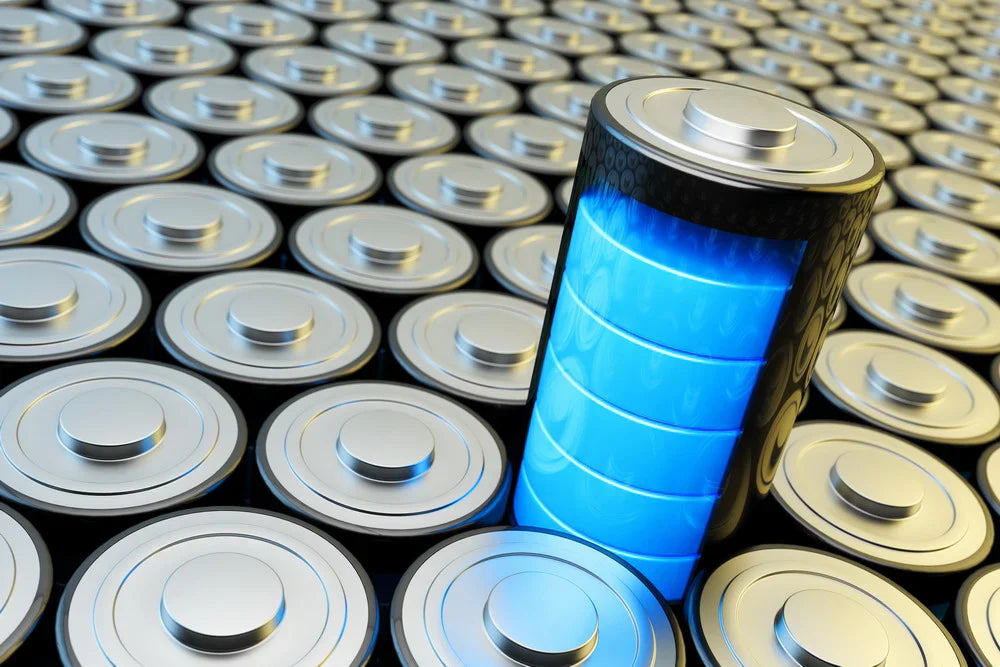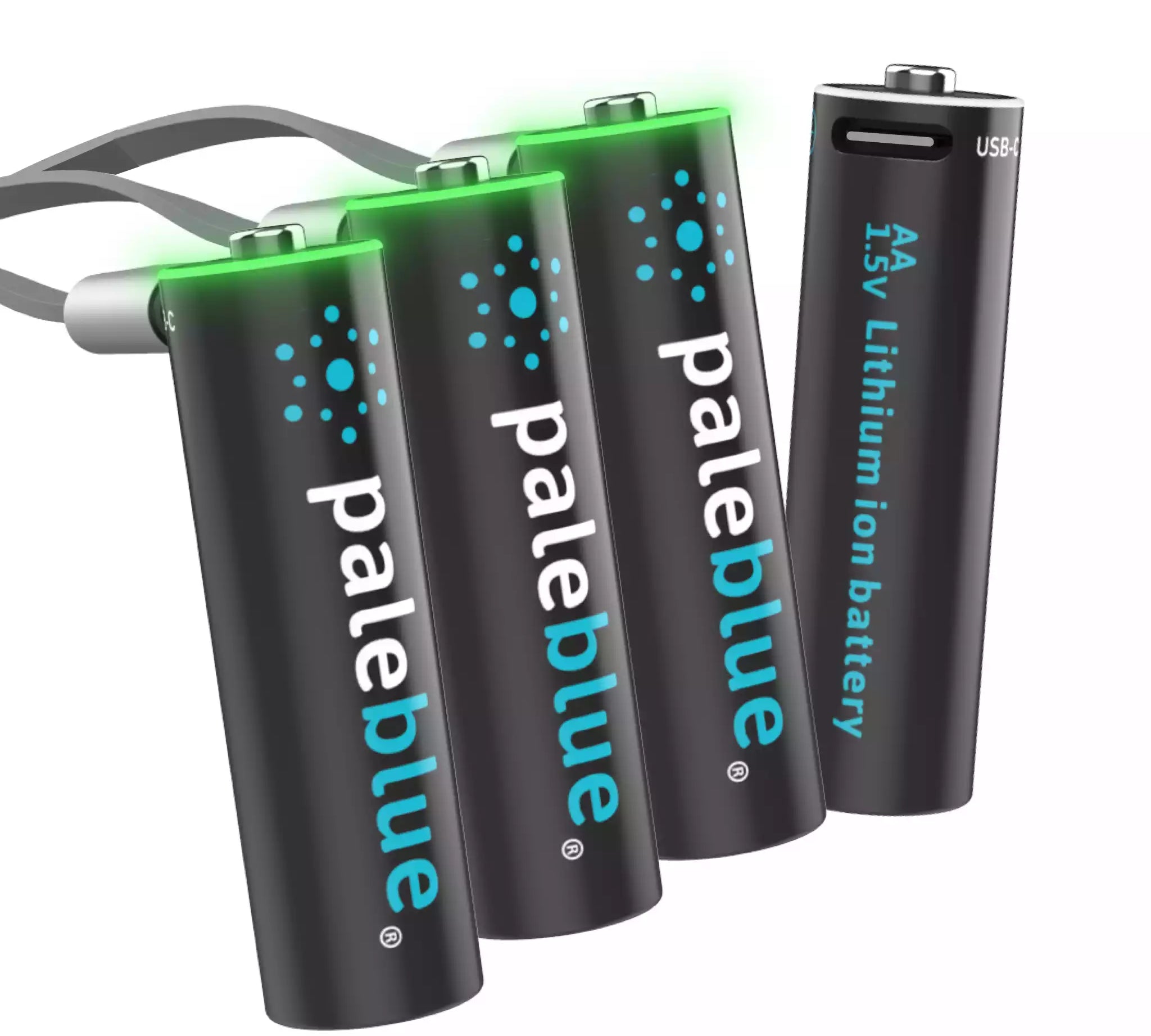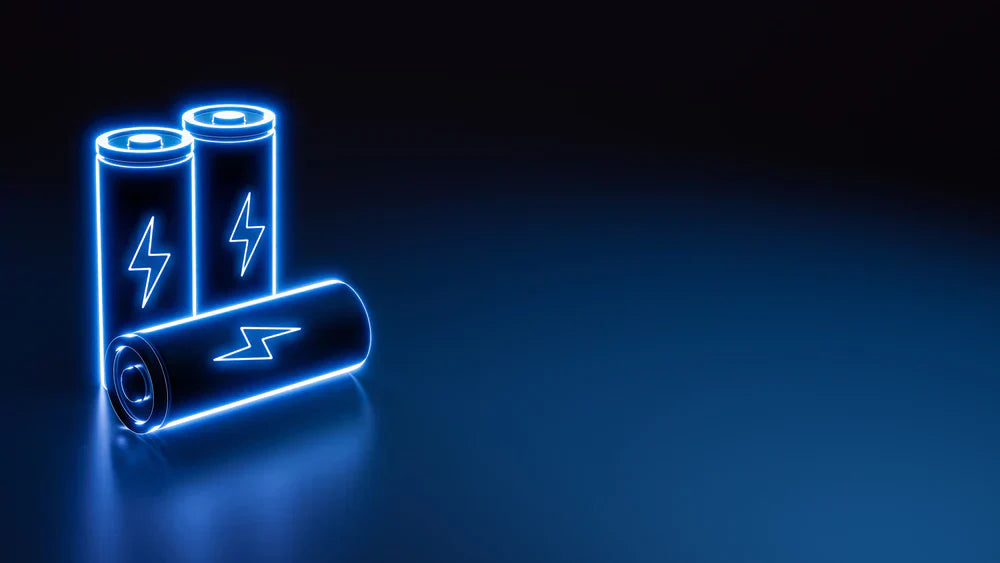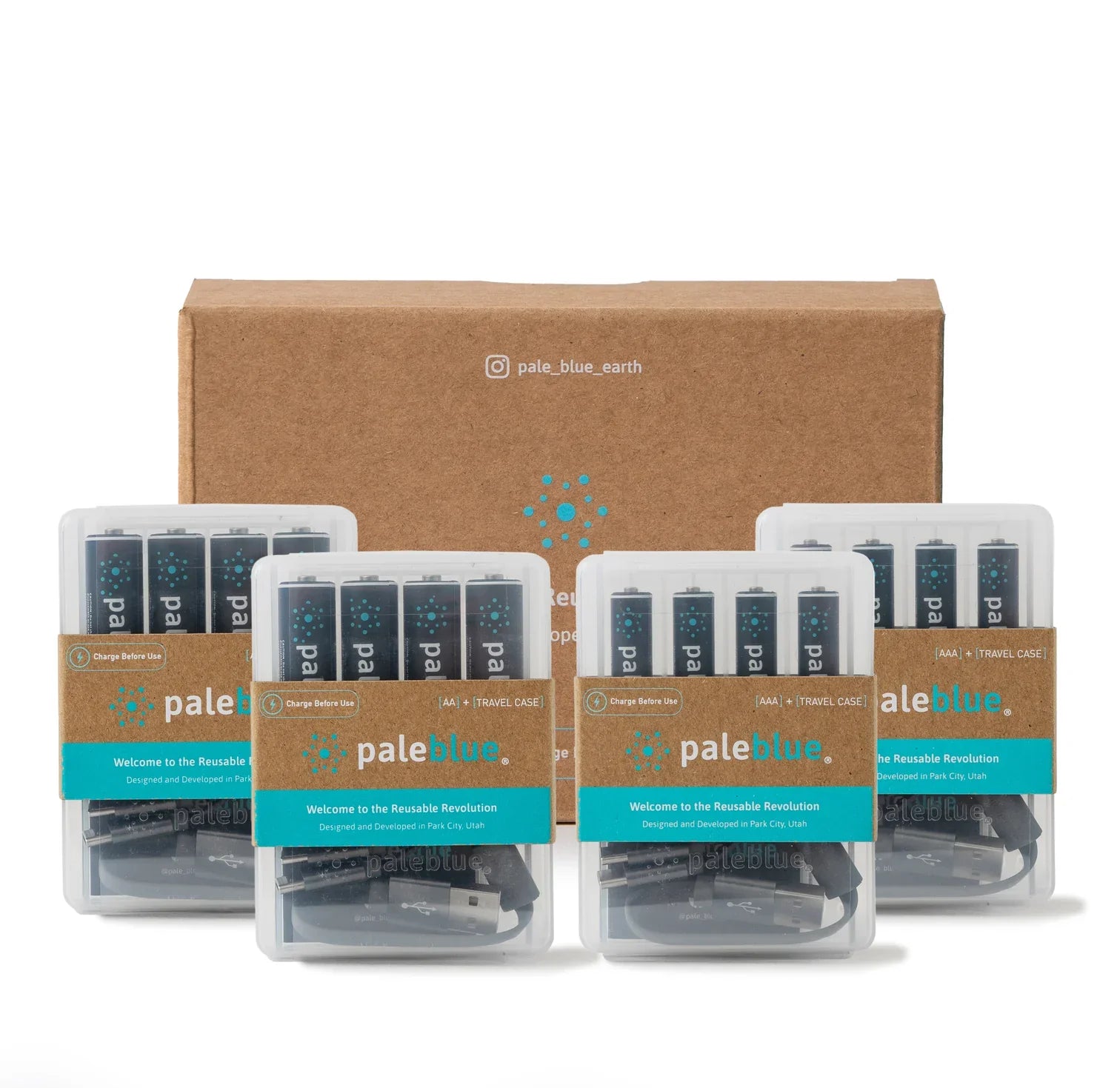Waste Not, Want Not Applies to Rechargeable Batteries, Too

Are you familiar with the old idiom, 'waste not, want not'? It is an expression to denote the fact that you will not want something new if you don't waste what you already have. Think and act in ways that are not wasteful and you will have more in your life and so will need less down the line. We would suggest that the waste not, want not mentality can be applied to almost every area of life – including battery purchases.
No doubt that all battery types produce some amount of waste. Some batteries produce more waste than others (alkaline batteries, we're thinking of you!). But the waste not, want not way of thinking actually encourages a person to eliminate as much waste as possible, thereby eliminating want as well. What does this have to do with batteries? Be patient. We will get there.
Single Use Is Wasteful
Despite rechargeable batteries being superior in almost every way, alkaline batteries still make up the vast majority of all consumer batteries sold worldwide. For the record, consumer batteries are the AAA, AA, 9V, C, D, etc. batteries we use in everyday devices. The problem with single-use batteries is found in their name: you use them once and throw them away.
Single use is wasteful by design. It is wasteful whether you are talking alkaline batteries, foam coffee cups, or plastic food containers. Single-use products are made cheaply and sold cheaply. They are made with easily accessible raw materials. They are intentionally designed to be easily disposed of after a single use and most end up in landfills or incinerators.
Sticking strictly with alkaline batteries, what is the result of you throwing out a used set? You want a new set. In fact, you need a new set to keep your device powered. So with your waste comes want. The more disposable alkaline battery waste you generate, the greater your want and need for more batteries.
Rechargeable Batteries Reduce Waste
Rechargeable batteries are just the opposite by design. Their greatest advantage is also in their name: they can be recharged multiple times. In this regard, lithium-ion batteries are the clear winner. A typical USB-C lithium-ion battery can be charged 1,000+ times.
It is obvious that rechargeable batteries reduce waste. For each single lithium-ion battery that reaches end of life, 1,000 alkaline batteries will also reach end of life. Which choice generates less waste? In addition, lithium-ion batteries can be readily recycled these days. They don't need to, no should they go in the trash can. By contrast, there is very little demand for recycling alkaline batteries as it takes more energy to recycle them than the value of the materials recovered. So most people just throw them away.
Getting back to the waste not, want not concept - your want for more batteries is reduced when you use rechargeable products. You don't want or need to replace batteries nearly as often. We can use some pretty simple numbers to illustrate this point.
Let us say you are a super user, perhaps a musician or other professional and throw out a set of AAA alkaline batteries every day. Over the course of a year, you will buy 365 replacement sets. But if you switch to USB-C AAA rechargeables, you will only buy a replacement set every three years.
The Math Adds Up
Applying the waste not, want not mentality to consumer batteries really boils down to simple math. And make no mistake, the math adds up. Disposable alkaline batteries generate more waste. They create the need to constantly purchase new batteries as old ones die. On the other hand, rechargeable batteries reduce waste and the need to buy more.
So, what do you think? Are you ready to make the switch from wasteful alkaline batteries to rechargeable lithium-ion batteries? We hope so. Making the switch will reduce both your waste stream and your want of new batteries.
- Tags: Sustainability







